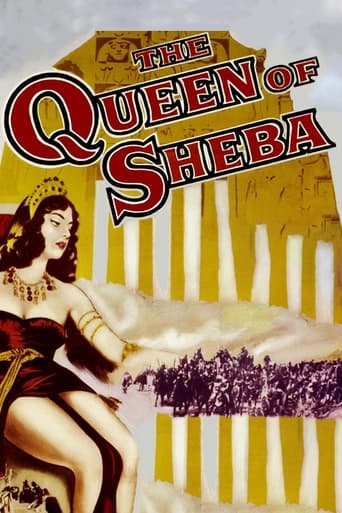
06 Nov 1952

The Queen of Sheba
The Queen of Sheba falls in love with the King of Israel. The King of Israel, however, is in love with someone else.
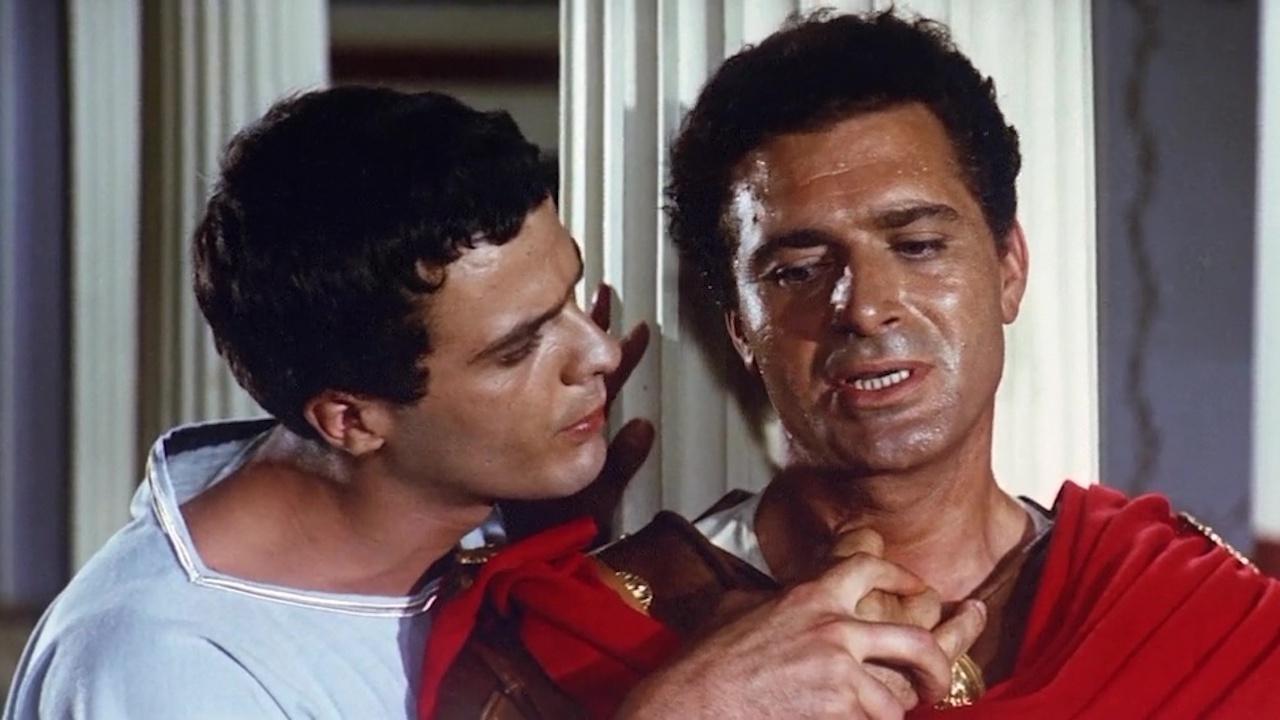
Messalina was the Roman noblewoman who inveigled ageing emperor Claudio into marriage. Once ensconced on the throne, Messalina launched a reign of terror that shook the empire to its very foundations. The subject of countless film treatments, Rome's most villified empress is herein played by British actress Belinda Lee.

Valeria Messalina

Lucius Maximus

Aulo Celso

Lucius Geta
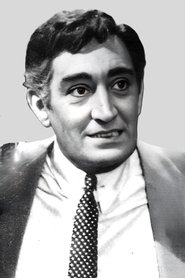
Caius Silius

Silvia

Narciso

Claudio

Sulpicio

cortigiana

Pirgo Pollinice

Marcello

Vipidia

Ortotrago
Vibuleno
Glauco

ancella torturata



06 Nov 1952

The Queen of Sheba falls in love with the King of Israel. The King of Israel, however, is in love with someone else.
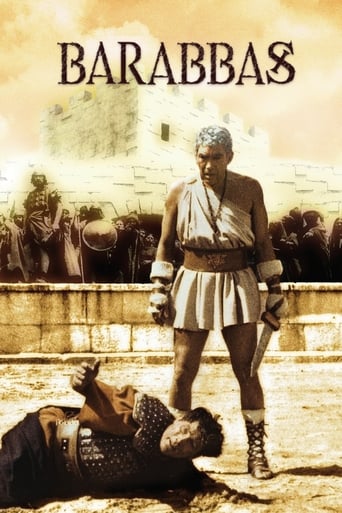
23 Dec 1961

Epic account of the thief Barabbas, who was pardoned for his crimes and spared crucifixion when Pilate offered the Israelites a choice to pardon Barabbas or Jesus. Struggling with his spirituality, Barabbas goes through many ordeals leading him to the gladiatorial arena, where he tries to win his freedom and confront his inner demons, ultimately becoming a follower of the man who was crucified in his place.
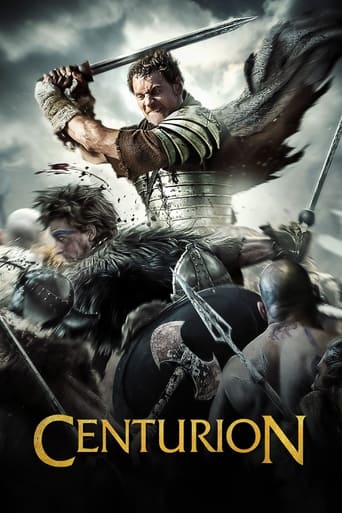
15 Feb 2010

Britain, A.D. 117. Quintus Dias, the sole survivor of a Pictish raid on a Roman frontier fort, marches north with General Virilus' legendary Ninth Legion, under orders to wipe the Picts from the face of the Earth and destroy their leader, Gorlacon.

08 Nov 1951

After fierce Roman commander Marcus Vinicius becomes infatuated with beautiful Christian hostage Lygia, he begins to question the tyrannical leadership of the despotic emperor Nero.

23 Sep 2003

A Chinese emissary is sent to the Gobi desert to execute a renegade soldier. When a caravan transporting a Buddhist monk and a valuable treasure is threatened by thieves, however, the two warriors might unite to protect the travelers.
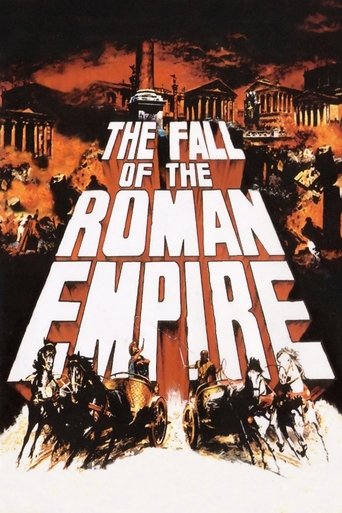
24 Mar 1964

In the year 180 A.D. Germanic tribes are about to invade the Roman empire from the north. In the midst of this crisis ailing emperor Marcus Aurelius has to make a decision about his successor between his son Commodus, who is obsessed by power, and the loyal general Gaius Livius.
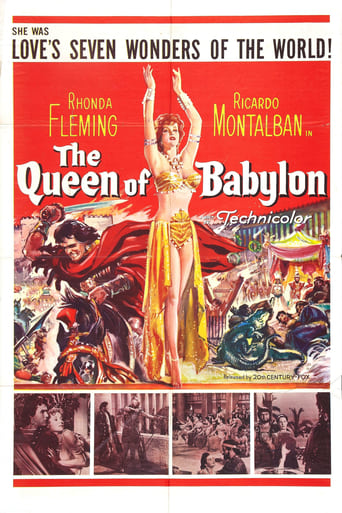
28 Dec 1954

In this Biblical epic, a brave Chaldean rebel takes on his evil nemesis, a cruel Assyrian king. En route to his fateful meeting, the rebel hides in the humble hut of a luscious peasant girl.
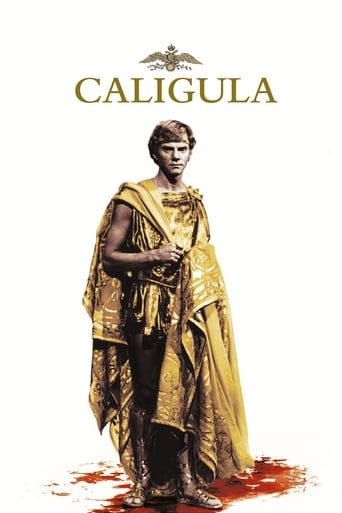
14 Aug 1979

After the death of the paranoid emperor Tiberius, Caligula, his heir, seizes power and plunges the empire into a bloody spiral of madness and depravity.
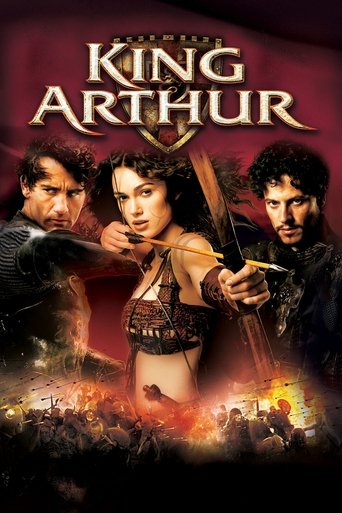
07 Jul 2004

The story of the Arthurian legend, based on the 'Sarmatian hypothesis' which contends that the legend has a historical nucleus in the Sarmatian heavy cavalry troops stationed in Britain, and that the Roman-British military commander, Lucius Artorius Castus is the historical person behind the legend.
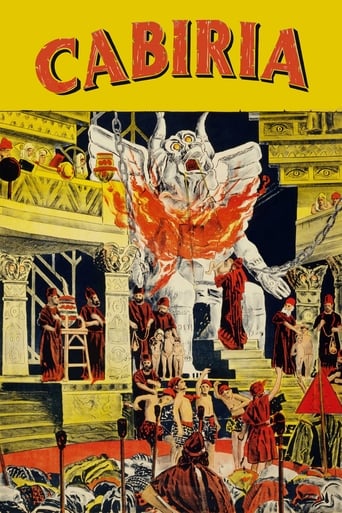
01 Jun 1914

Young Cabiria is kidnapped by pirates and sold as a slave in Carthage. Just as she's to be sacrificed to Moloch, Cabiria is rescued by Fulvius Axilla, a good-hearted Roman spy, and his powerful slave, Maciste. The trio are broken up as Cabiria is entrusted to a woman of noble birth. With Cabiria's fate unknown, Maciste punished for his heroism, and Fulvius sent away to fight for Rome, is there any hope of our heroes reuniting?
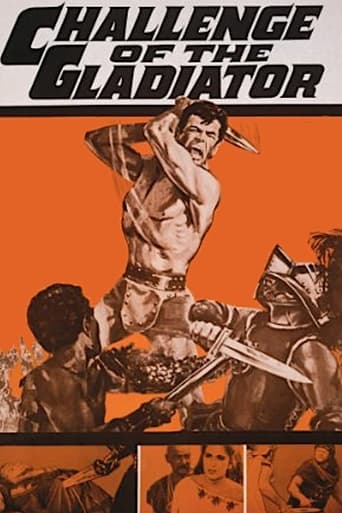
04 Apr 1965

Treacherous Roman senator Lucius Quintilius plans a secret journey into Thrace to recover a legendary treasure. He is accompanied by his daughter Livia posing as a Christian slave girl, his cruel henchman Commodio, and Terenzius, an ex-gladiator and Nero look-alike who fools the local Thracians into believing he is the real Emperor. But Lucius's plans are thwarted by Spartacus and his band of rebels who succeed in capturing the treasure for Thrace. When news arrives from Rome that the real Nero has died, local Roman governor Consul Metellus joins forces with Spartacus to defeat the traitors.
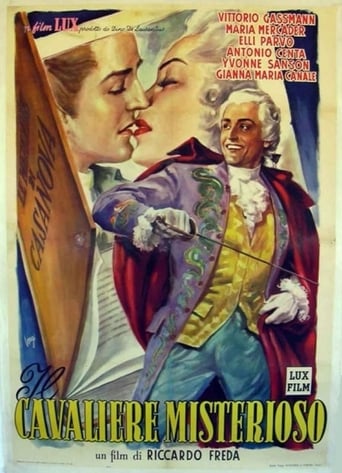
01 Nov 1948

Giacomo Casanova returns to Venice, to help his brother, falsely accused of robbery.
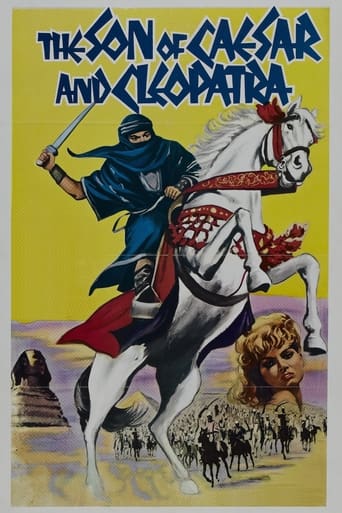
31 Dec 1964

In Roman-dominated Egypt, the corrupt administration of a governor named Petronius has sparked a revolt headed by El Kabir, a young man who learns that he's actually the son of Cleopatra and Julius Caesar. When Petronius' daughter, Livia, newly-arrived from Rome, falls into his hands, El Kabir uses this opportunity to win her over to his side before releasing her to her father.
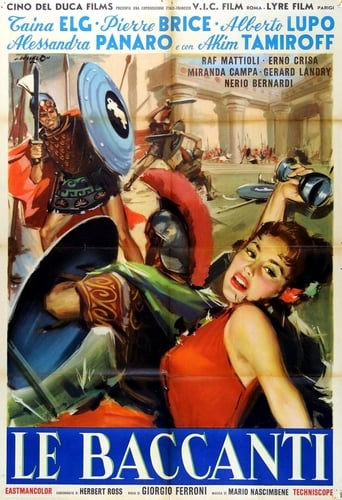
02 Mar 1961

The god Dionysus decides to pay a visit to the city of Thebes. Dionysus wants to be the worshiped by the masses, but the kingdom is suffering a horrific drought and the king Pentheus wants instead to sacrifice a virgin to the God Demeter.

01 Jan 1959

Angry at his wife and defeated in battle, the king of Judea is taken prisoner. After being spared by the Romans, King Herod comes to believe he's been a victim of court plotting.

01 Dec 2024

222 A.D. During yet another decadent party, Emperor Heliogabalus recalls his former lover Zotikos from prison. He becomes a witness to the narcissistic cult of Heliogabalus, in the midst of the destructive madness that will lead to his downfall.
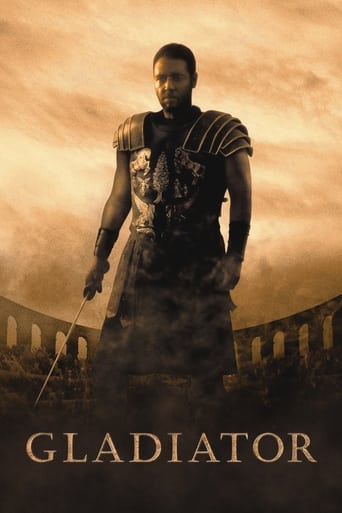
04 May 2000

After the death of Emperor Marcus Aurelius, his devious son takes power and demotes Maximus, one of Rome's most capable generals who Marcus preferred. Eventually, Maximus is forced to become a gladiator and battle to the death against other men for the amusement of paying audiences.
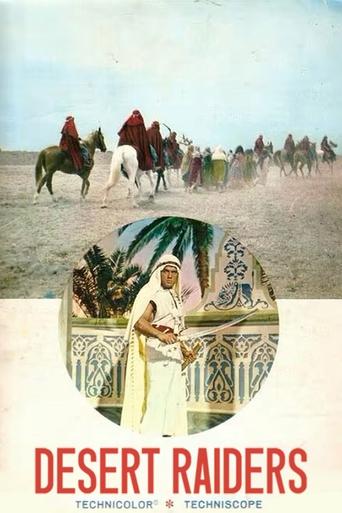
07 Aug 1964

A hero saves a beautiful young princess from a forced marriage to an evil villain.
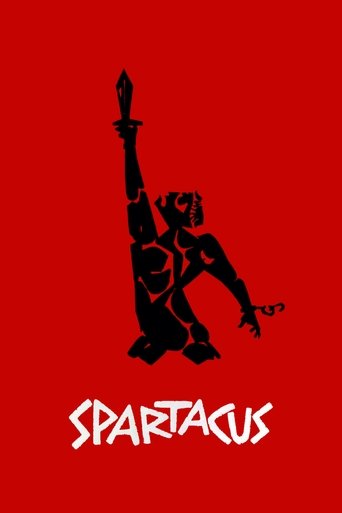
13 Oct 1960

The rebellious Thracian Spartacus, born and raised a slave, is sold to Gladiator trainer Batiatus. After weeks of being trained to kill for the arena, Spartacus turns on his owners and leads the other slaves in rebellion. As the rebels move from town to town, their numbers swell as escaped slaves join their ranks. Under the leadership of Spartacus, they make their way to southern Italy, where they will cross the sea and return to their homes.
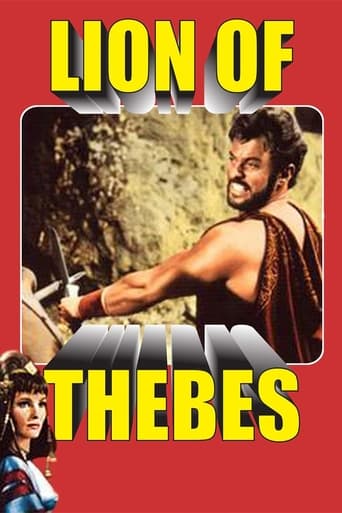
27 Jun 1964

Fleeing Troy in the wake of its destruction, fair-faced Helen and her faithful protector Arion run into the pharaoh Ramses, who sets his sights on Helen -- and is subsequently murdered. Now it's up to Arion to save Helen from those who wish her dead.